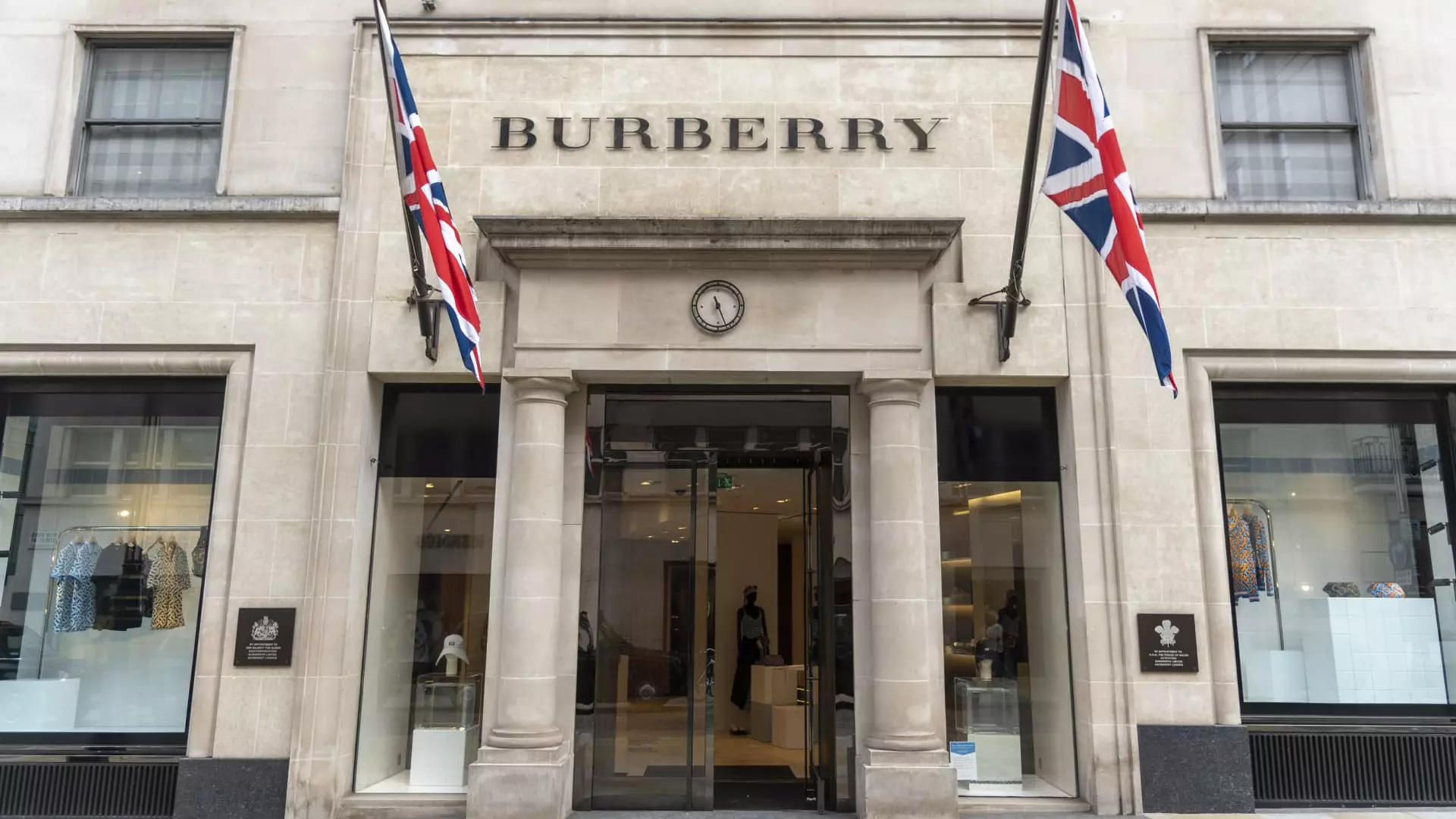In a significant turn of events, Burberry Group, the iconic British luxury fashion house, has been removed from the prestigious U.K.’s FTSE 100 stock market index. This decision comes after a series of setbacks for the 168-year-old retailer, including declining sales and a string of management changes. The company’s relegation to the FTSE 250 marks the end of its 15-year presence in the FTSE 100, signaling a dramatic decline for a brand that was once a symbol of British high-end fashion.
Burberry’s journey to the FTSE 250 is reflective of its struggles in recent years. The brand, known for its signature trench coats and check print, rose to international fame but faced challenges as its iconic pattern became more accessible to the working class. Despite efforts by successive CEOs to elevate the brand’s image, Burberry has failed to maintain its high-end status and appeal to consumers, leading to a steep decline in its stock price.
The appointment of Joshua Schulman as CEO in July has sparked hope for a change in direction for Burberry. Schulman, a former executive at Coach and Michael Kors, is expected to implement a new strategy focused on cost reduction and increased exposure to off-price retailers. This “British Coach” approach aims to revitalize the brand and improve its financial performance, which has been under strain due to falling sales and profit warnings.
Analysts are closely watching Burberry’s next steps, as further share price declines could make the company vulnerable to a takeover. Schulman’s strategy update in November will be crucial in determining the brand’s future trajectory. While the luxury sector as a whole is facing challenges due to changing consumer habits and economic uncertainties, Burberry has the opportunity to reinvent itself and regain its position in the market.
Burberry’s fall from the FTSE 100 serves as a cautionary tale for luxury brands that fail to adapt to evolving trends and consumer preferences. The cyclical nature of the luxury sector underscores the importance of innovation and strategic leadership. As Burberry navigates its way back to profitability, the company must prioritize long-term sustainability over short-term gains to regain investor confidence and secure its position in the market.
Burberry’s relegation from the FTSE 100 is a stark reminder of the challenges facing traditional luxury brands in a rapidly changing industry. By embracing innovation, adapting to shifting market dynamics, and implementing a clear strategic vision, Burberry has the opportunity to stage a comeback and reclaim its status as a leading player in the global fashion market.

